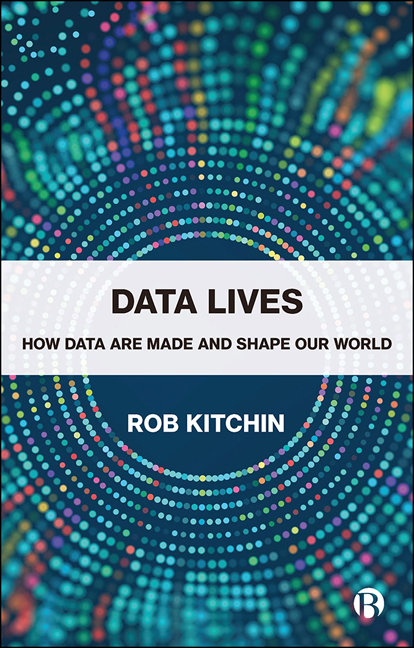20 - Big Brother is Watching and Controlling You
Published online by Cambridge University Press: 05 January 2022
Summary
‘You should take a blank.’
‘What?’
‘When you go to Hong Kong you should take a blank phone. Or wipe your present one.’
‘I’m sure it’ll be fine.’
‘Well, you’re the one who’s been writing about pervasive surveillance and social credit scoring in China, and how the protestors in Hong Kong are trying to protect their data traces.’
So begins a conversation with one of my colleagues about a trip to Hong Kong and Taiwan to present a set of talks about smart cities, ethics and social justice. I think he’s being somewhat paranoid. He’s quite serious, however.
My smartphone, he rightly points out, is a lifelog of my recent past. It provides a detailed itinerary of my movements. The apps reveal interests, activities and purchases, and the web browser the information I’ve searched for and browsed. The device gives access to several years’ worth of email, text and social media posts, and thus my thoughts, values and opinions. These communications, plus my address book, provide my network of contacts, including family, friends, colleagues, students and journalists.
My network does not include the details of those taking part in anti-government protests in Hong Kong or subversives in China, with whom I have had no contact. Nonetheless, my colleague was worried I might be considered a ‘person of interest’, particularly to security police in Hong Kong given that I write critically about what states do with citizen data, and issues of equity, citizenship, justice, civil rights and democracy. And I had recently been researching the Chinese state’s policies.
The conversation unnerves me. Expressing opinions and values, especially those that question the state, can get you in trouble in China; not that I’m going to China proper. Since 1997, when Britain gave up its lease on the territory, Hong Kong has been a special administrative region of the People’s Republic of China. Under the principle of ‘one country, two systems’ this special status means that there are separate governing and economic systems in Hong Kong to those in China, with devolved executive, legislative and judicial powers and local elections. China claims it is the rightful territorial sovereign of Taiwan, though the island’s democratically elected government rejects this, and there is an ongoing political dispute.
- Type
- Chapter
- Information
- Data LivesHow Data Are Made and Shape our World, pp. 161 - 168Publisher: Bristol University PressPrint publication year: 2021



